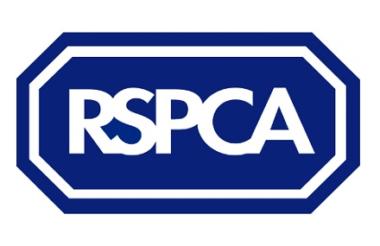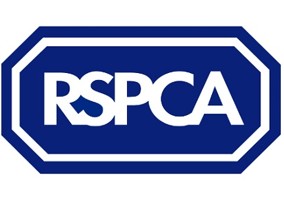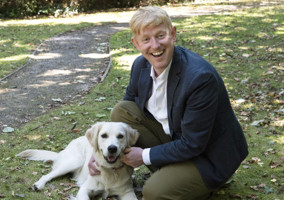The Unite trade union has claimed that the redundancy process at the Royal Society for the Prevention of Cruelty to Animals (RSPCA) has descended into “chaos and confusion”.
The RSPCA denies these claims, stating it does not recognise “the inaccurate picture painted by Unite”.
The charity recently ended consultations on a restructure and said it will be making 269 redundancies. Four senior directors are also leaving the charity, although a spokesperson said this was “unrelated” to the restructure.
In a letter to Chris Sherwood, chief executive at the RSPCA, Unite's national officer for the not-for-profit sector Siobhan Endean said: “The redundancy consultation process is leading to chaos and confusion. The individual consultation process has been rushed, poorly coordinated and poorly resourced.
“The whole process has effectively collapsed. The human resources division has admitted to being in a ‘catastrophic’ situation due to unachievable timescales and unreasonable demands.”
She also criticised RSPCA for not setting up a voluntary redundancy programme, and urged the leadership to rethink its plans.
Endean said: “There is still time to pause, deal with this chaos and reverse some of these redundancies.”
RSPCA: ‘These changes are being made out of absolute necessity’
An RSPCA spokesperson said: “We do not recognise the inaccurate picture painted by Unite as resembling the reality of the situation at the RSPCA during this vital restructure.
“No-one wants to be in the position of making these cuts, but they were sadly essential and urgent to safeguard our vital services for the future. This means losing staff who have made a huge contribution to animal welfare and we would like to thank all those who are leaving the RSPCA.
“These changes are being made out of absolute necessity to safeguard the future of the RSPCA. This was a thorough and meaningful consultation carried out by the executive team and overseen by trustees.
“The pace of these changes has been critical as the RSPCA needs to quickly reduce its structural deficit in order to be in a better place to tackle the challenges ahead. Each month of delay costs the RSPCA £1m.”
Senior directors leaving RSPCA
Four senior directors are leaving the charity. This include the deputy chief executive, group finance controller, the finance director and the director of people and culture.
Two resigned to take up new opportunities, one left because their role was made redundant and one is an interim post, which is coming to an end as planned and will be replaced with a permanent director who has been recruited.
Chris Wainwright, deputy chief executive and director of communications, external affairs and income generation, will join Brooke Action for Working Horses and Donkeys in November.
The others leaving the charity are Kevin O'Brien, who has been director of finance, IT and planning since March; Helen Tracey, who has worked at RSPCA for seven years and is group financial controller; and Patricia Williamson, HR director.
An RSPCA sokesperson said: “The departure of Chris Wainwright, Patricia, Helen and Kevin are entirely unrelated to the restructure and the decisions taken and the timing is because they have remained to help see us through this difficult period.
“In the case of Chris Wainwright, he has been offered the role as chief executive of another animal charity, in the case of the others the decision to move now is related to the end of contracts, or a desire for a new challenge. We wish them all well with their next roles.”
Reserves policy and redundancies
Unite has argued that the charity having £60m in reserves is enough to tide over the funding gap caused by Covid-19.
However, an RSPCA spokesperson said: “We are using our free reserves to fund our deficit this year, and the reason we are taking action now is to safeguard these reserves for future use too. If we did nothing our free reserves could be as low as £40m this year – around only three months day-to-day running costs.
“Using up these reserves would not only be against clear best practice guidance of the Charity Commission, it would leave the RSPCA in an incredibly precarious and unsustainable position.”
Related articles
Chris Sherwood: 'The RSPCA is more than a charity - it's a social movement'
The RSPCA is on the brink of the biggest overhaul of its governance since 1974. Chief executive Chris Sherwood talks Kirsty Weakley through his vision for the future.












